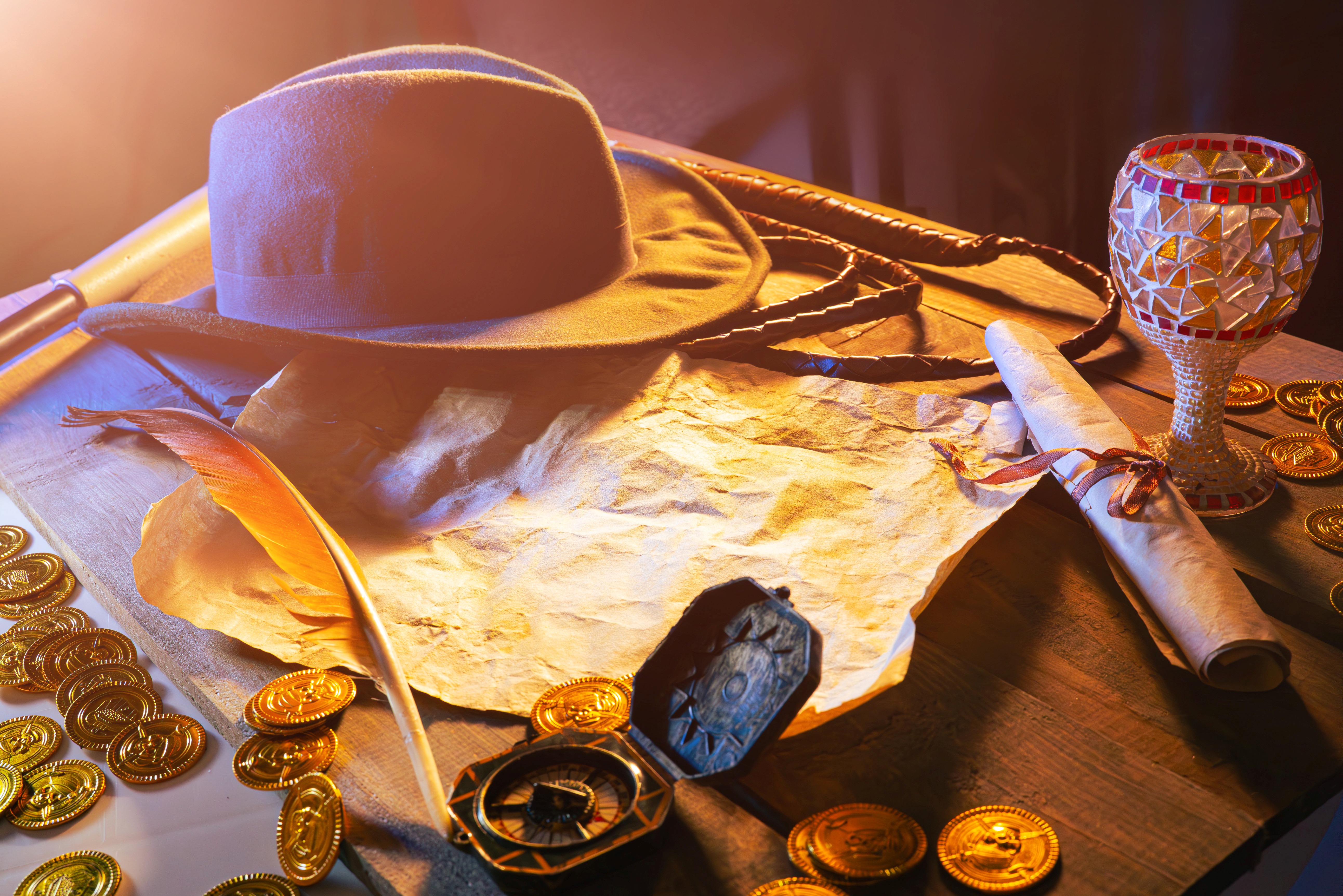Ban this, ban that, legislate morality at every turn. Sounds great right? If we could just ban all the things in this world that could do harm, we'd have the fortune of living in a beautiful crime free utopia. Right? That's how it works? As journalists, we love to believe that the power of the written word can change the course of humanity, and sometimes it can. Words can mobilize a nation, rouse an army, and promote trade, but at the end of the day, human action is still required. People have to do something! What we can learn from prohibition is that the solutions to our problems are not always as simple as prohibiting the ingredients.In January of 1919, the 18th Amendment was ratified, in October of 1919, the National Prohibition Act was passed by Congress. It banned the sale and manufacturing of booze. Why? Well, enough Americans saw booze as an extremely destructive force in the family. They weren't happy about the "widespread destruction of the family due to alcohol". Seems reasonable. Certainly, you don't want to destroy your family by drinking? Sounds similar to another argument we've heard. Certainly, you don't want kids dying in schools, ban firearms. No rational person would say they want families destroyed or kids in danger at school. The hard pill to swallow on both these counts is that they both fall into the category of an argumentum ad passiones or an emotional appeal. Used to manipulate one's emotions in the absence of hard facts. We wanted a better, crime free and healthy society, what did we get? Here is the truth about Prohibition and its effects.More laws, create more criminals, not more safety. If we look at the 18th Amendment and the National Prohibition Act (NPA), it made people criminals overnight. How? It produced a demand. Well-known producers of alcohol couldn't rightly produce anymore and it left a void. For many wanting to change their circumstances, the opportunity was there and there isn't much a law will do that will stop you from feeding your family.While alcohol consumption and sales initially dropped, they soon made a roaring comeback. By roaring, we mean dangerous, like a lion. Bootleg alcohol was unregulated and untaxed. A huge portion of the tax base was now gone and people were known to go blind or even die from drinking "bathtub gin". The "Iron Law of Prohibition" by Richard Cowan, stated that the more strict the enforcement of a law became, the more potent that the banned substance became. It's one-upmanship in the most dangerous of ways. Prohibition-era alcohol was estimated to be 150 percent more potent than their pre or post Prohibition era counterparts (Cato Institute).So let's examine what we've talked about so far. By banning the manufacture and sale of an item, we've increased crime which put a strain on courts, prisons and law enforcement as well as endangered the public. The 18th Amendment and the NPA produced a demand for a product, that was subsequently produced poorly, and blinded or killed many. The organized crime was dangerous, the bootleg alcohol was dangerous. The 20's were not an especially safe time to be alive. "Before Prohibition and the Harrison Narcotics Act (1914), there had been 4,000 federal convicts, fewer than 3,000 of whom were housed in federal prisons. By 1932 the number of federal convicts had increased 561 percent, to 26,589" (Cato Institute)All Prohibition did, was make life more dangerous and stress our infrastructure and economy. Have you ever given someone an unreasonable demand that they cease an activity, but they only continued to do so more defiantly than before? Humanity isn't bad, but we are defiant by nature, defiant to the denial of our liberty and freedom.
Powered by Grunt Style - This we’ll defend.
Show your patriotism with the most recent additions to the Grunt Style lineup of patriotic apparel!
%201.svg)




.jpg)







